In his interdisciplinary and multimedia practice, Guelph-born artist Jagdeep Raina (b.1991) is interested in how archival materials convey histories and tell diasporic stories. The artist is best-known for his densely embroidered textile works. Working directly from photographs—sourced from personal as well as institutional archives—Raina stitches the images into muslin supports. Resisting the confines of a tidy square or rectangular canvas, his embroidery works are layered with strands of thread that coalesce into tangles and knots, subverting expectations of the medium.
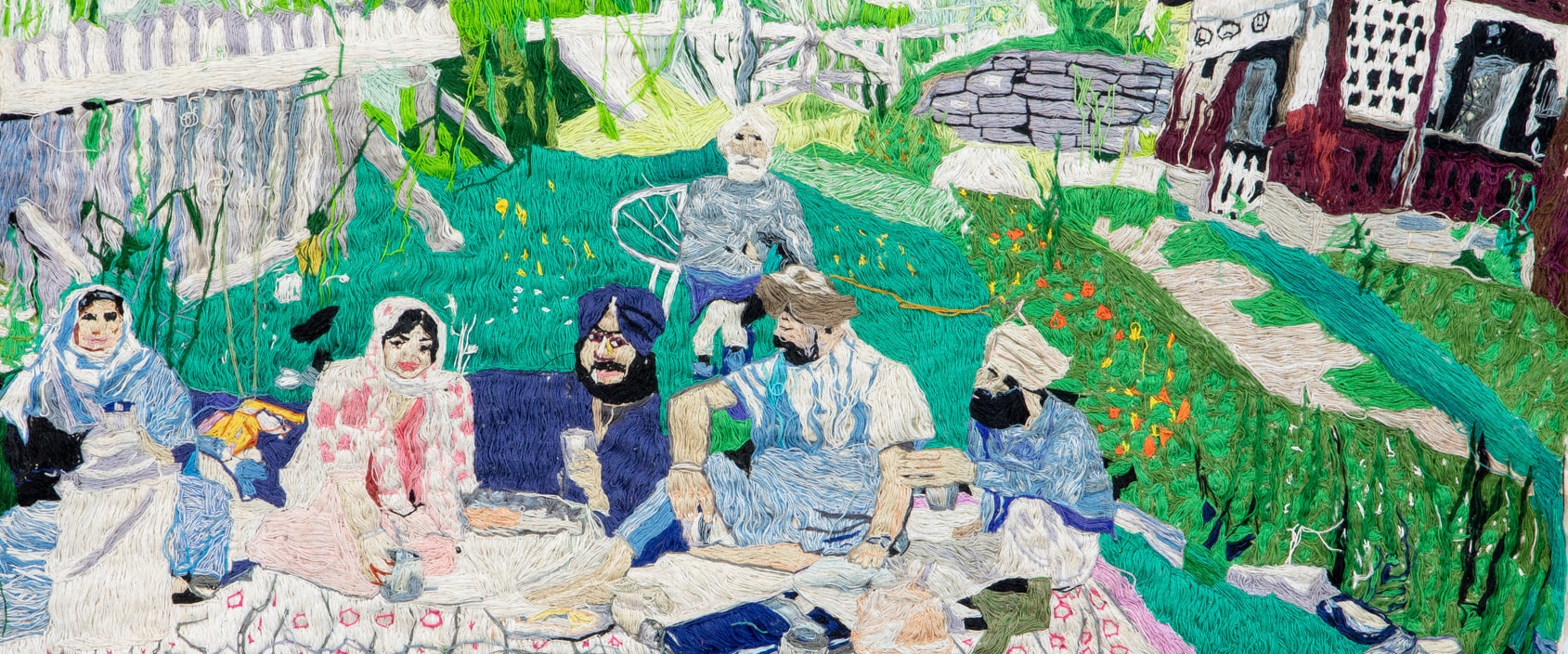
Embroidered tapestry and Punjabi phulkari border on muslin, 45.7 x 76.2 cm. Courtesy of Jagdeep Raina and Cooper Cole, Toronto.
Paradise Lost depicts two women and four men lounging atop a blanket spread across a verdant lawn surrounded by a fence. Holding drinking glasses, they appear to be reveling in each other’s company. However, this picture of conviviality is potentially undermined by the messages scrawled across the facades of nearby buildings. A declaration like “I promise” (etched into the building immediately beyond the fence in the background) invokes a desire to remember the past while looking to the future.
Like many of Raina’s textile works, Paradise Lost is trimmed with phulkari, a type of embroidery originating from India’s Punjab region that is characterized by layered floral and geometric patterns. More than just a decorative pattern, the artist employs phulkari as a critical commentary on the entangled histories of colonialism and industry in his family’s homeland. Paradise Lost is the product of rigorous research into the renewal of this art form and it demonstrates the artist’s ongoing commitment to challenging the notion that such traditions are static.
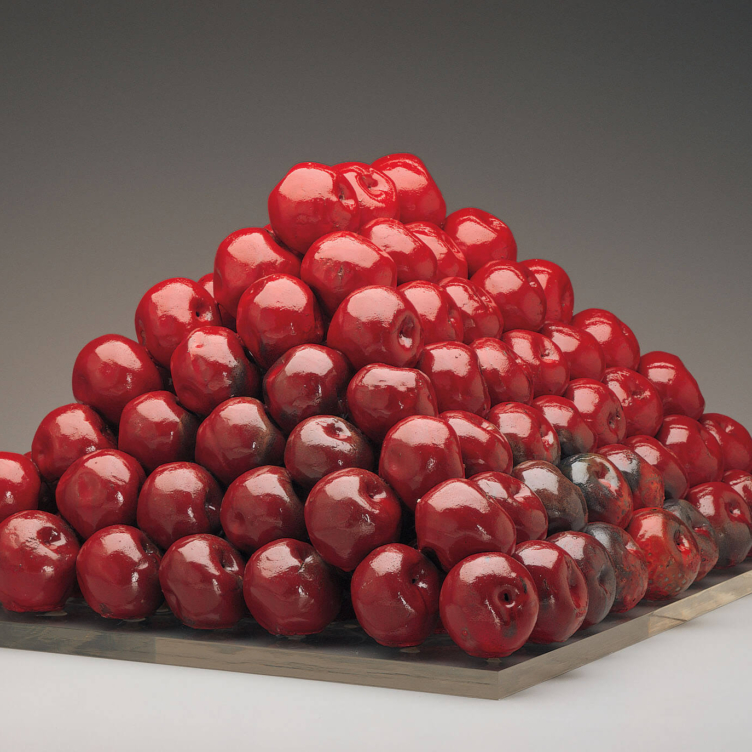 Pyramid Scheme
Pyramid Scheme
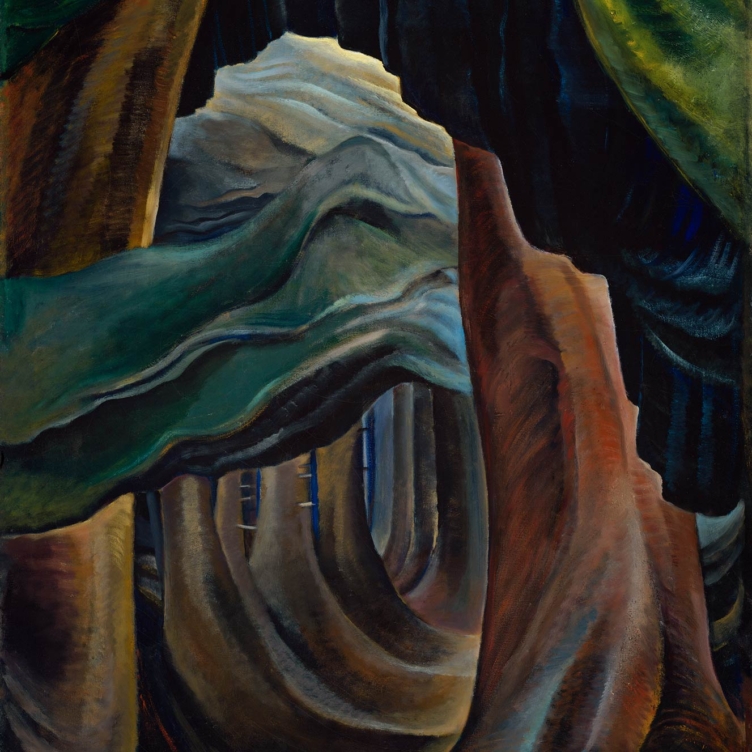 Transportive Trunks
Transportive Trunks
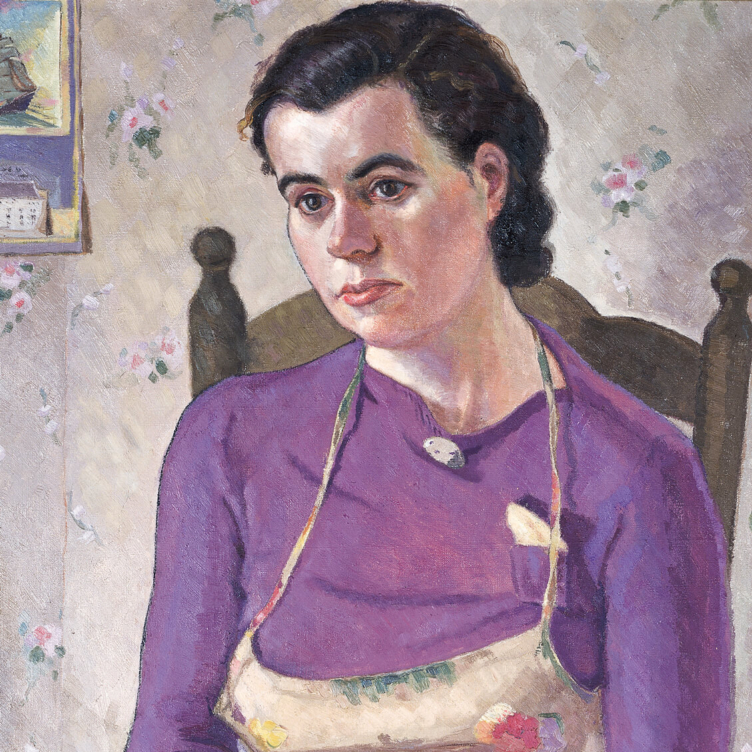 The Military Mate
The Military Mate
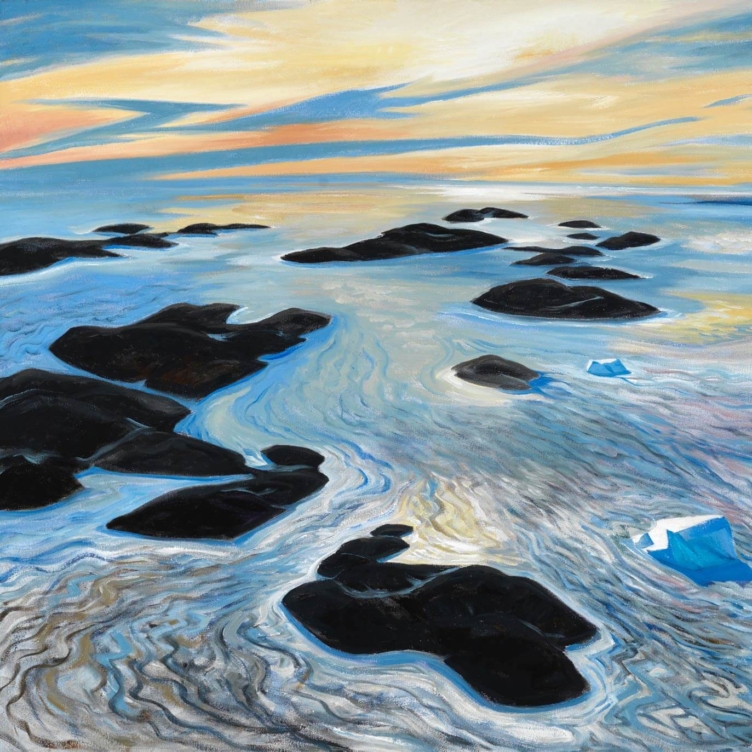 Looking Up on the World
Looking Up on the World
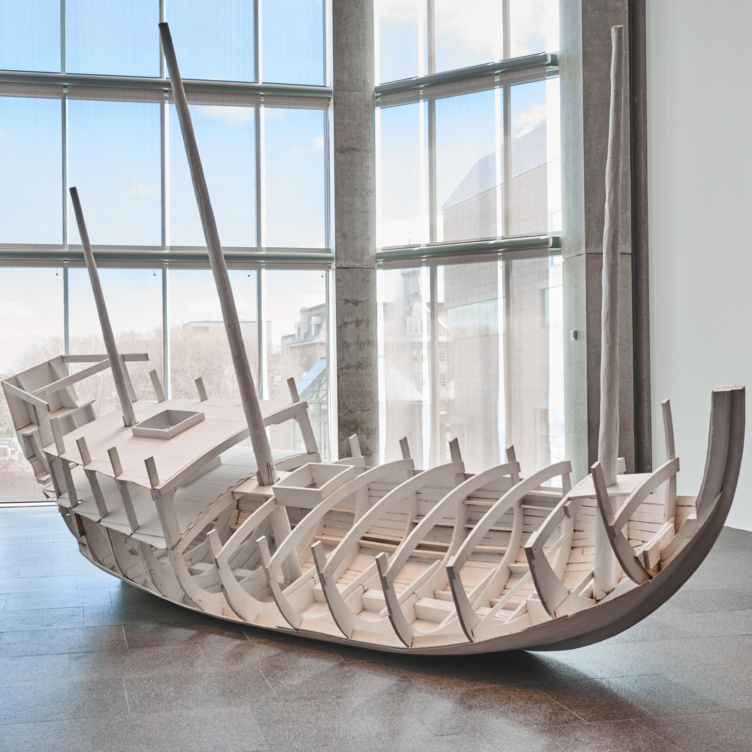 Vessel of Despair
Vessel of Despair
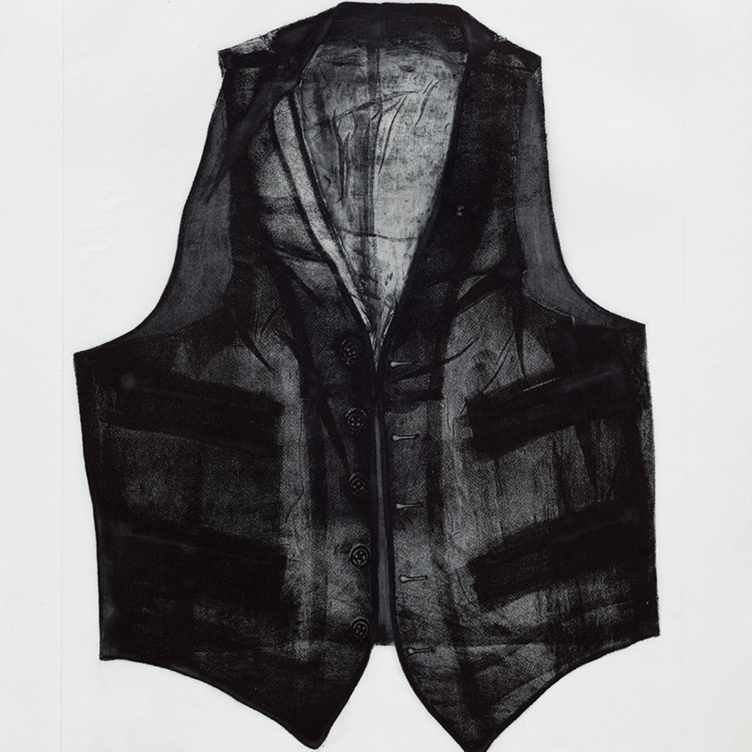 Layers of Meaning
Layers of Meaning
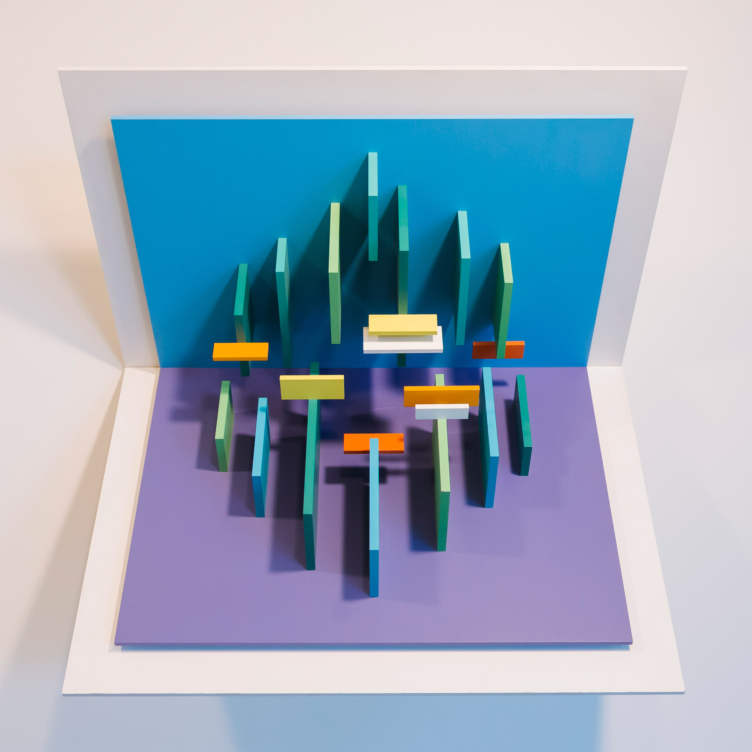 In Parallel to Nature
In Parallel to Nature
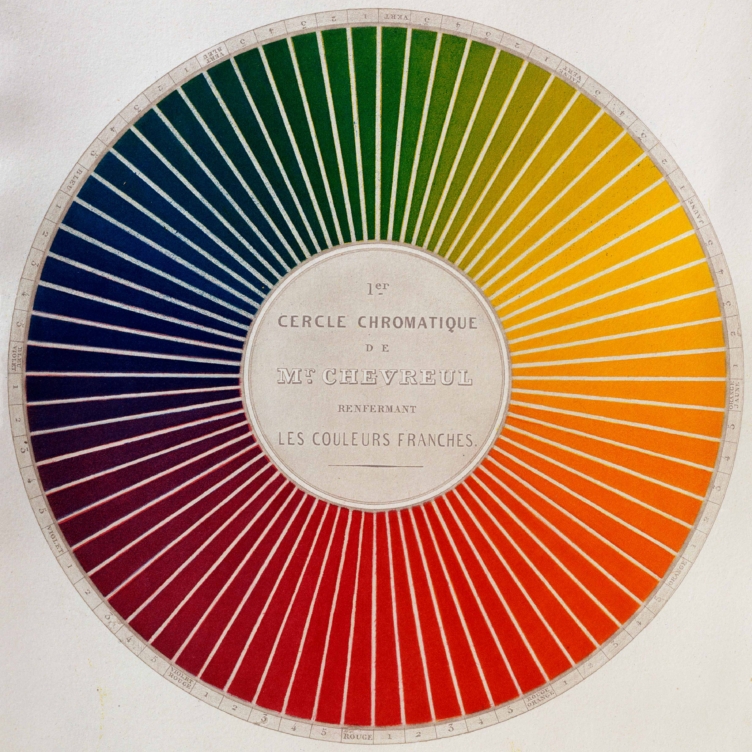 Wheel of Fortune
Wheel of Fortune
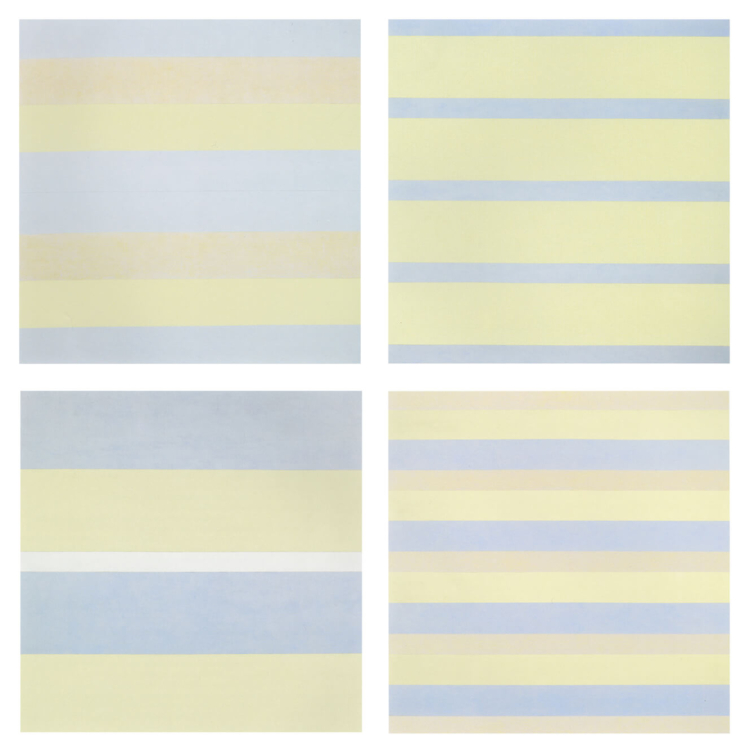 Paintings after emotional states
Paintings after emotional states
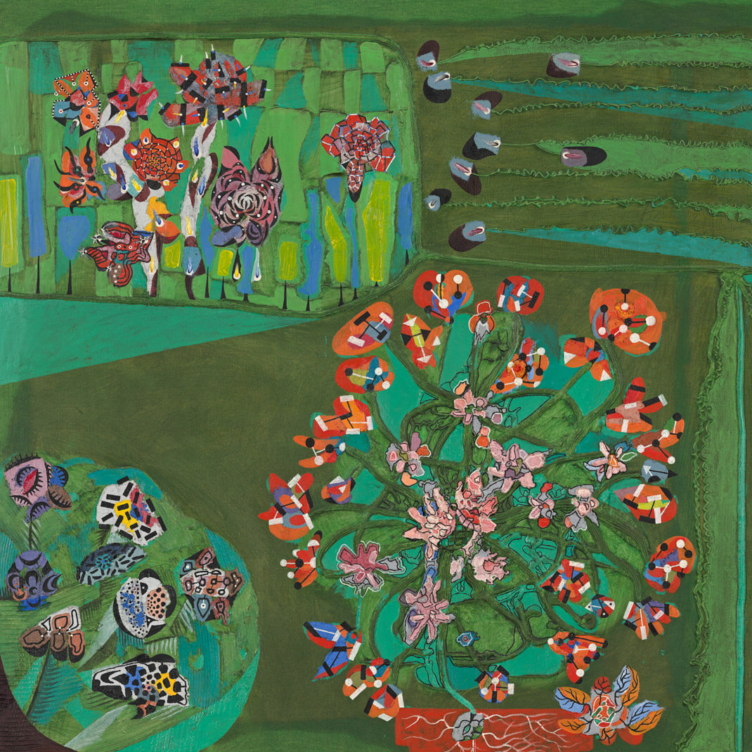 Garden of Delight
Garden of Delight
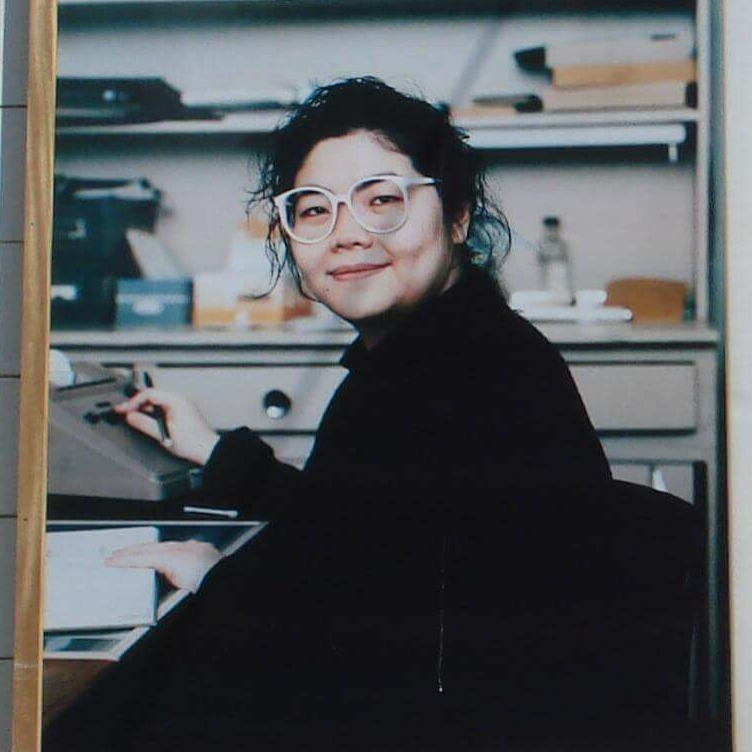 A Working-Class Hero
A Working-Class Hero
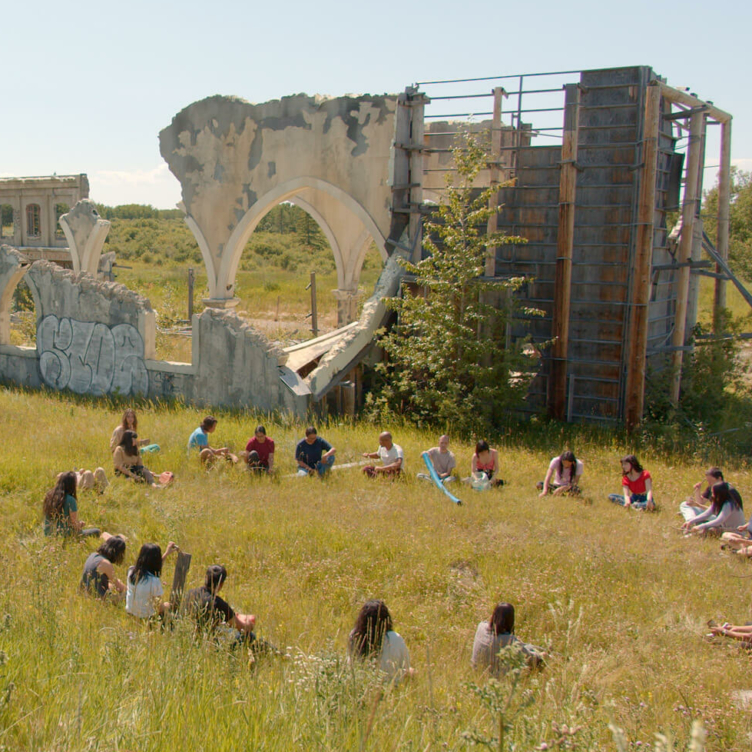 Imagining Entangled Futures
Imagining Entangled Futures
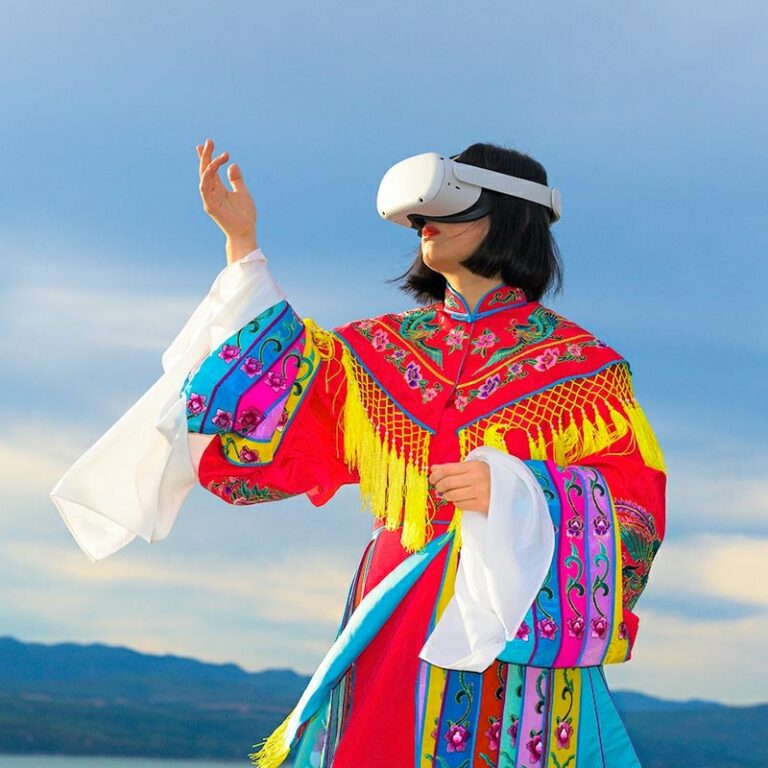 Bridging Far and Near
Bridging Far and Near
 Soft Power
Soft Power
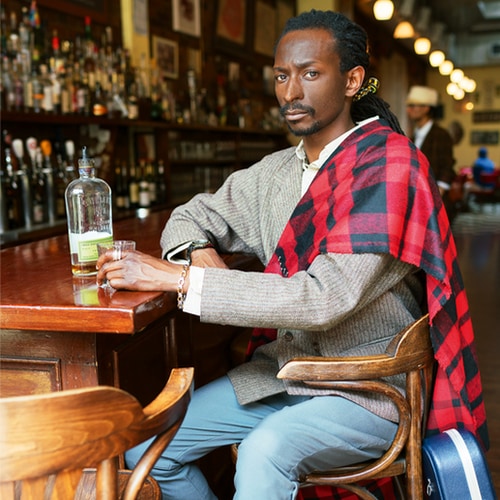 Imagining Emancipation
Imagining Emancipation
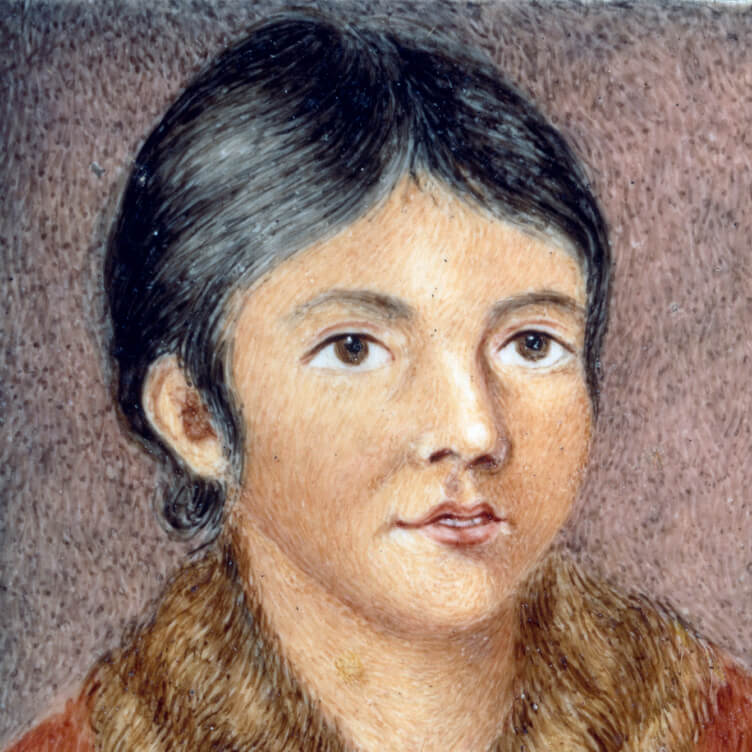 A Priceless Portrait
A Priceless Portrait
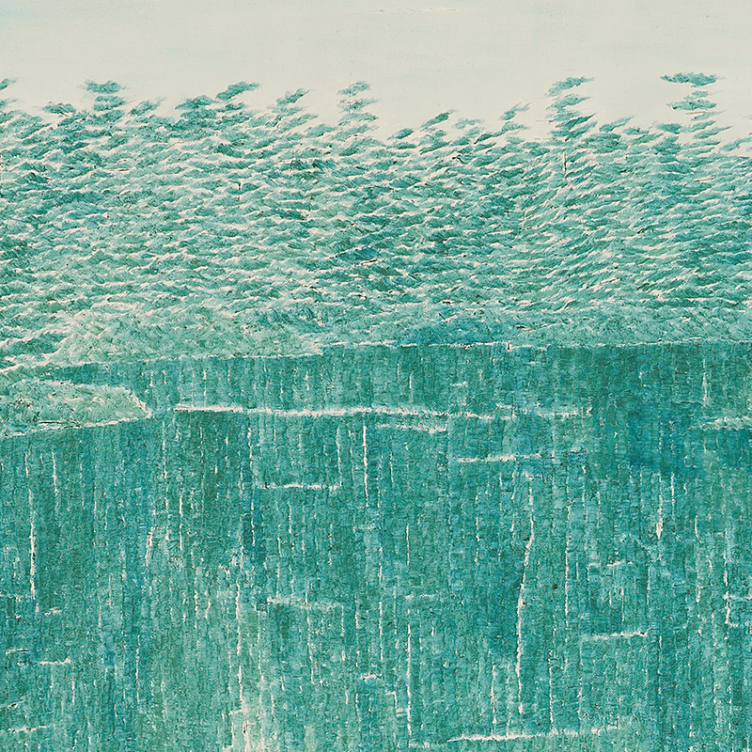 Meditation in Monochrome
Meditation in Monochrome
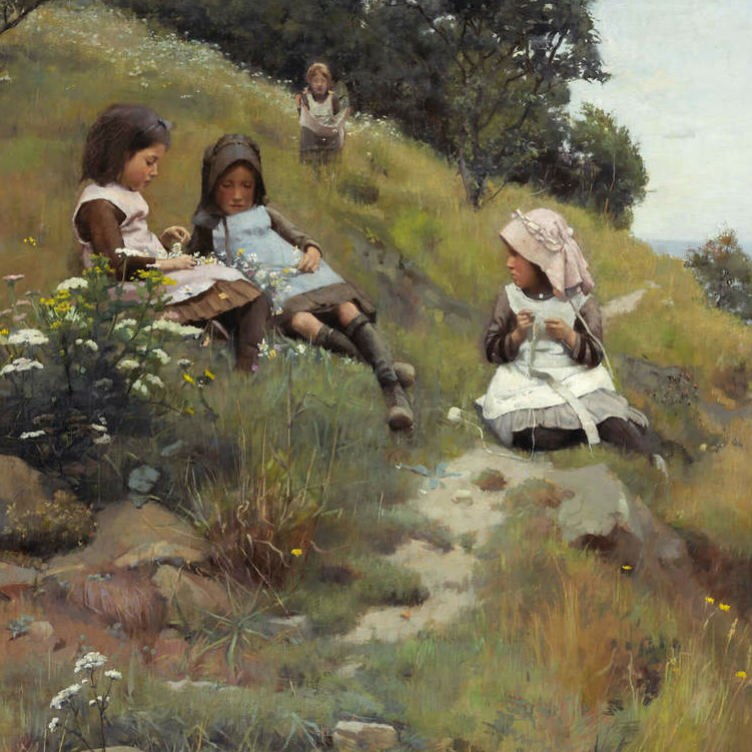 Making His Mark
Making His Mark
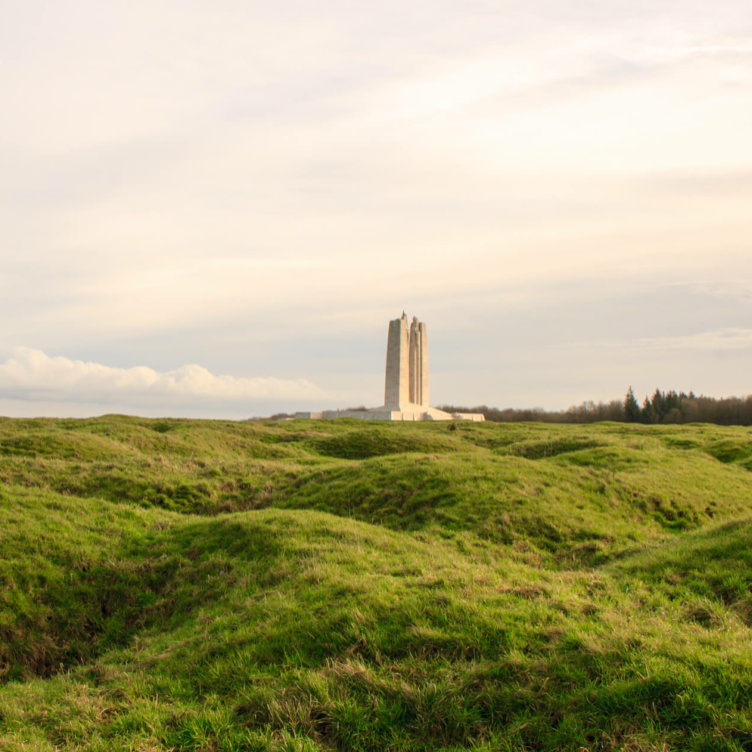 Honour and Sacrifice
Honour and Sacrifice
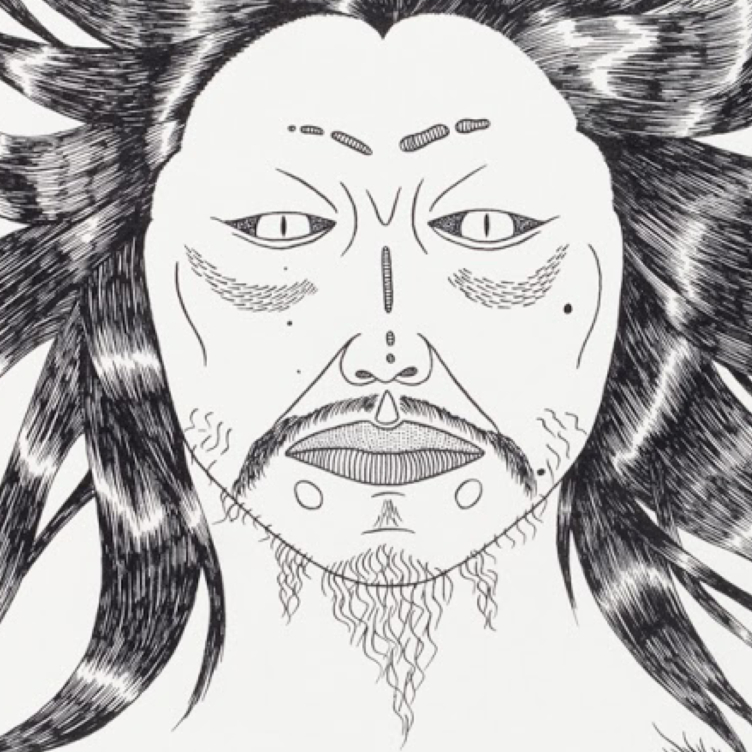 A Monstrous Vision
A Monstrous Vision